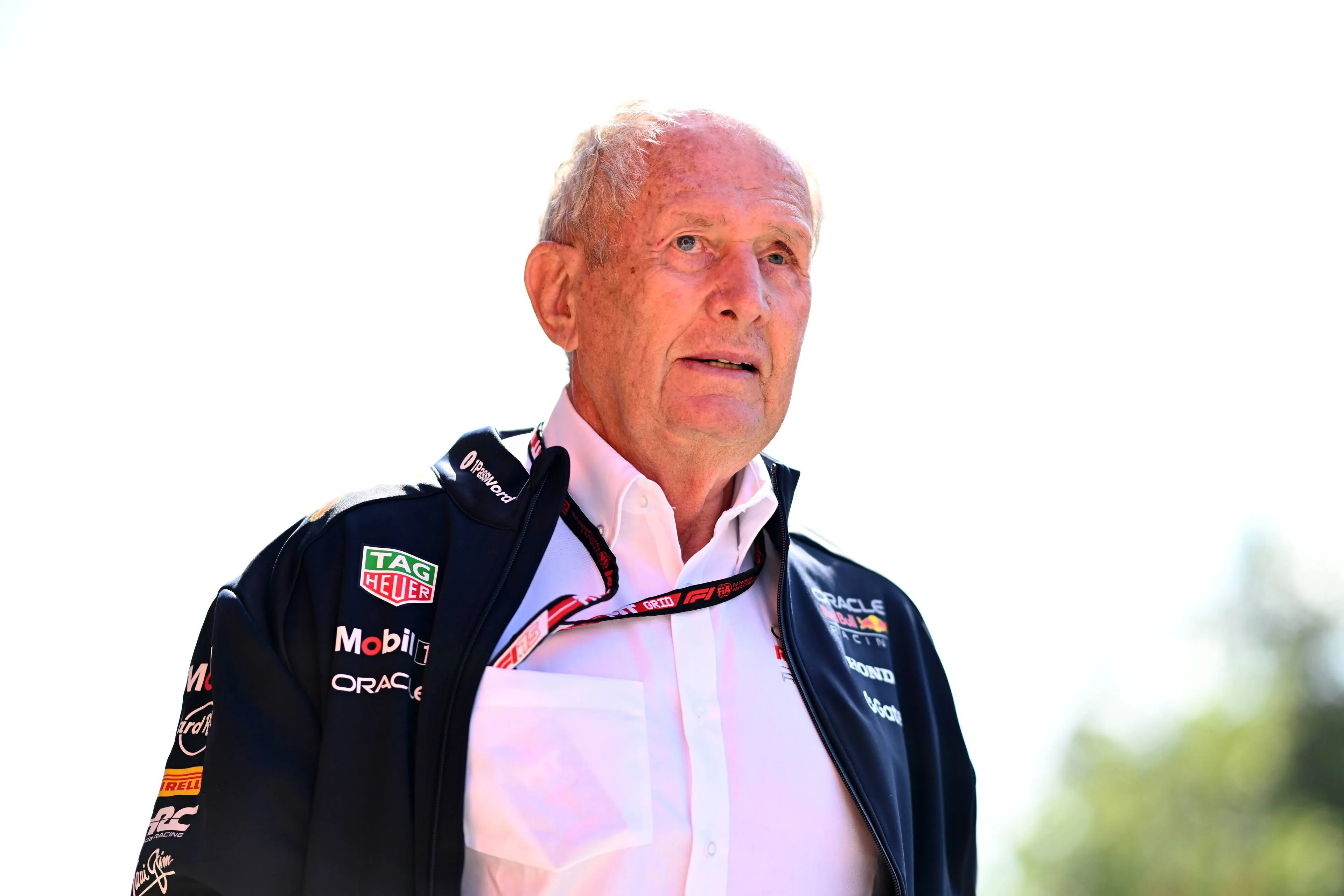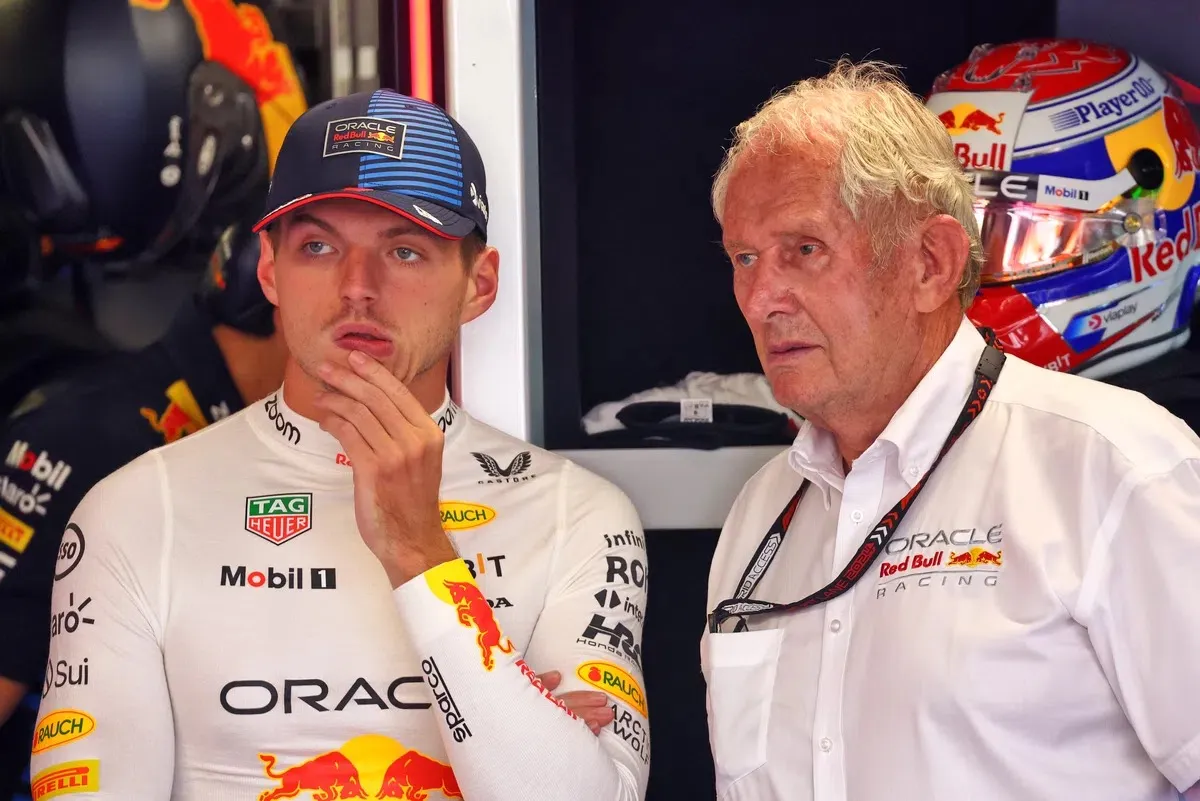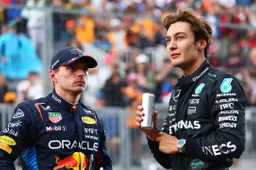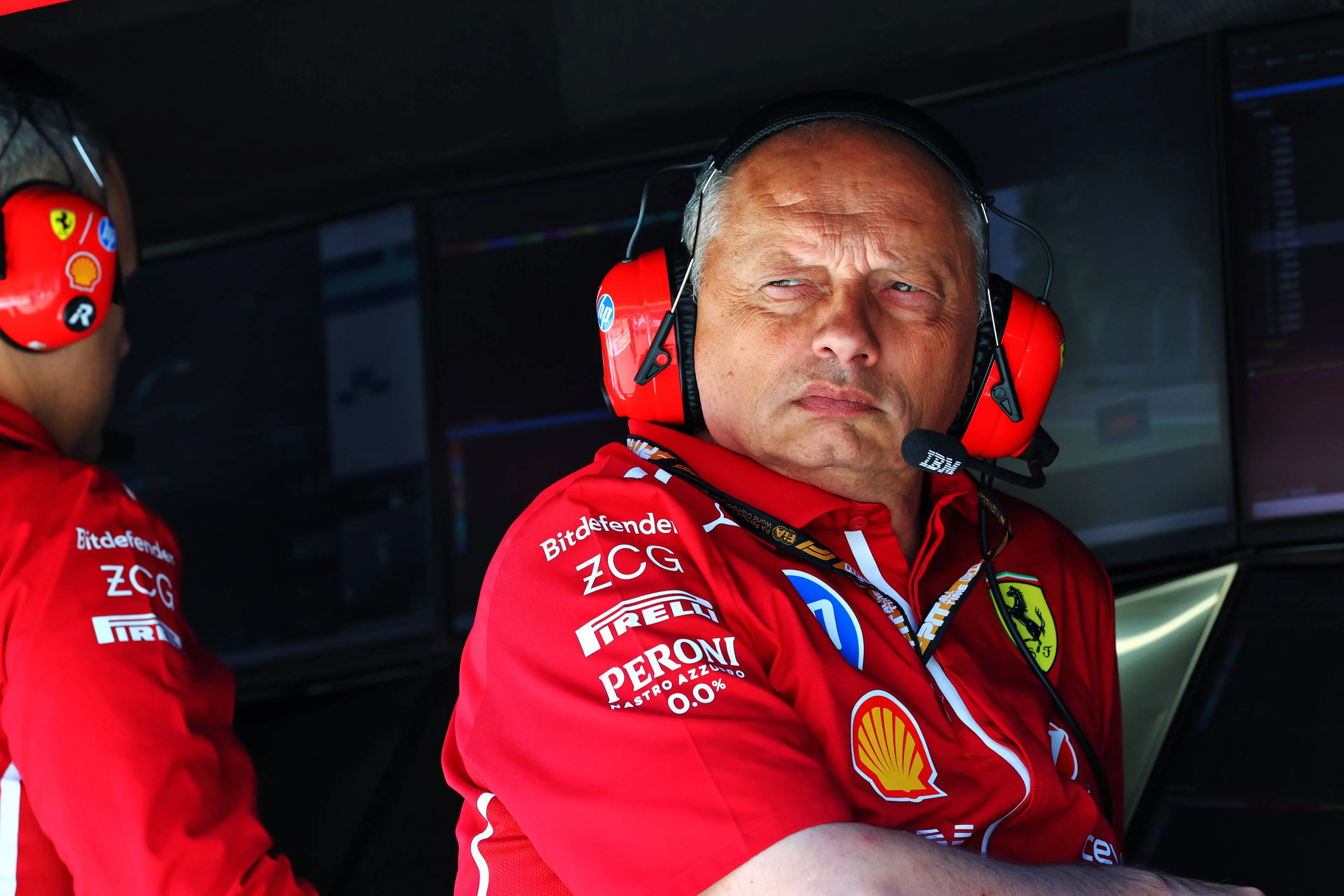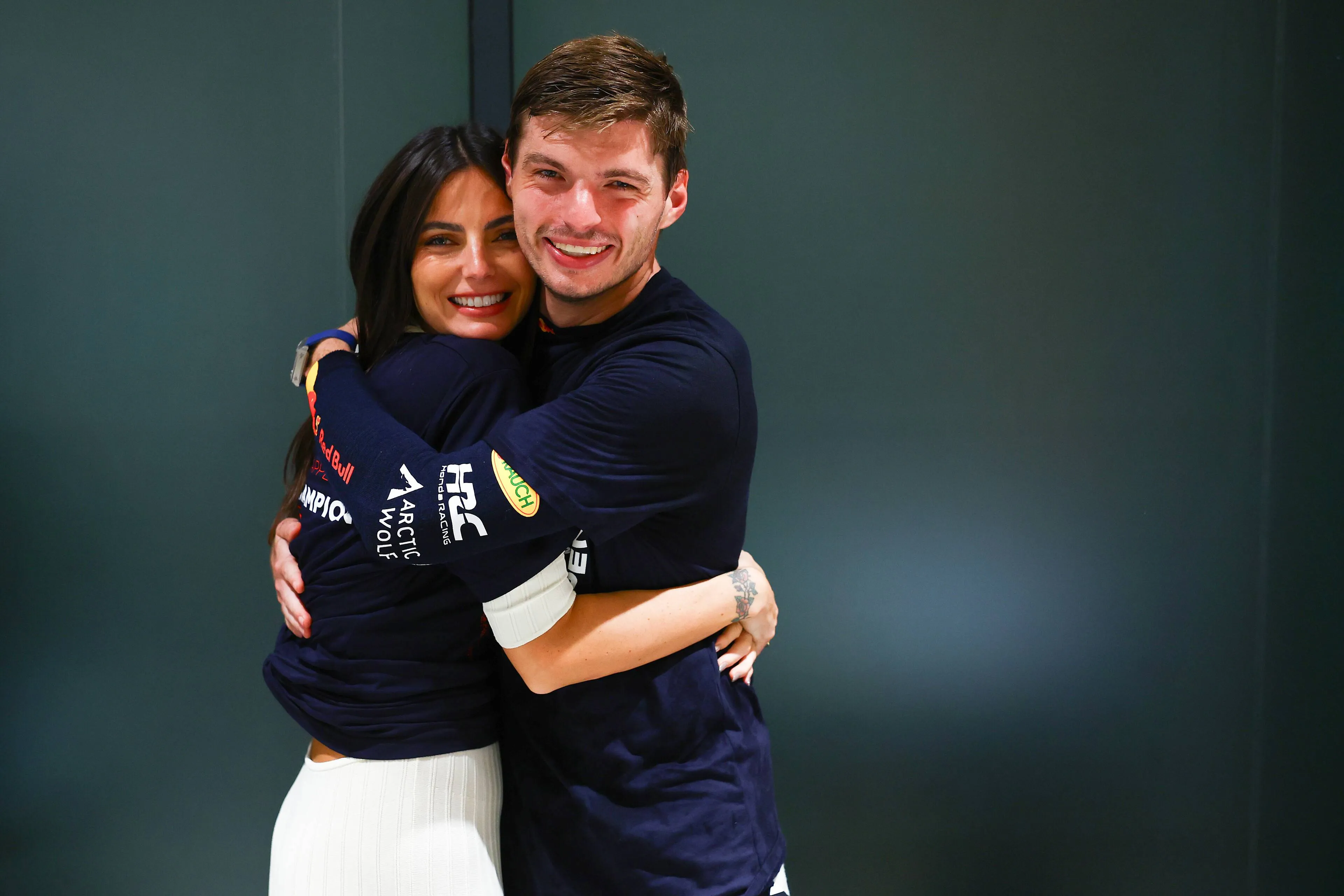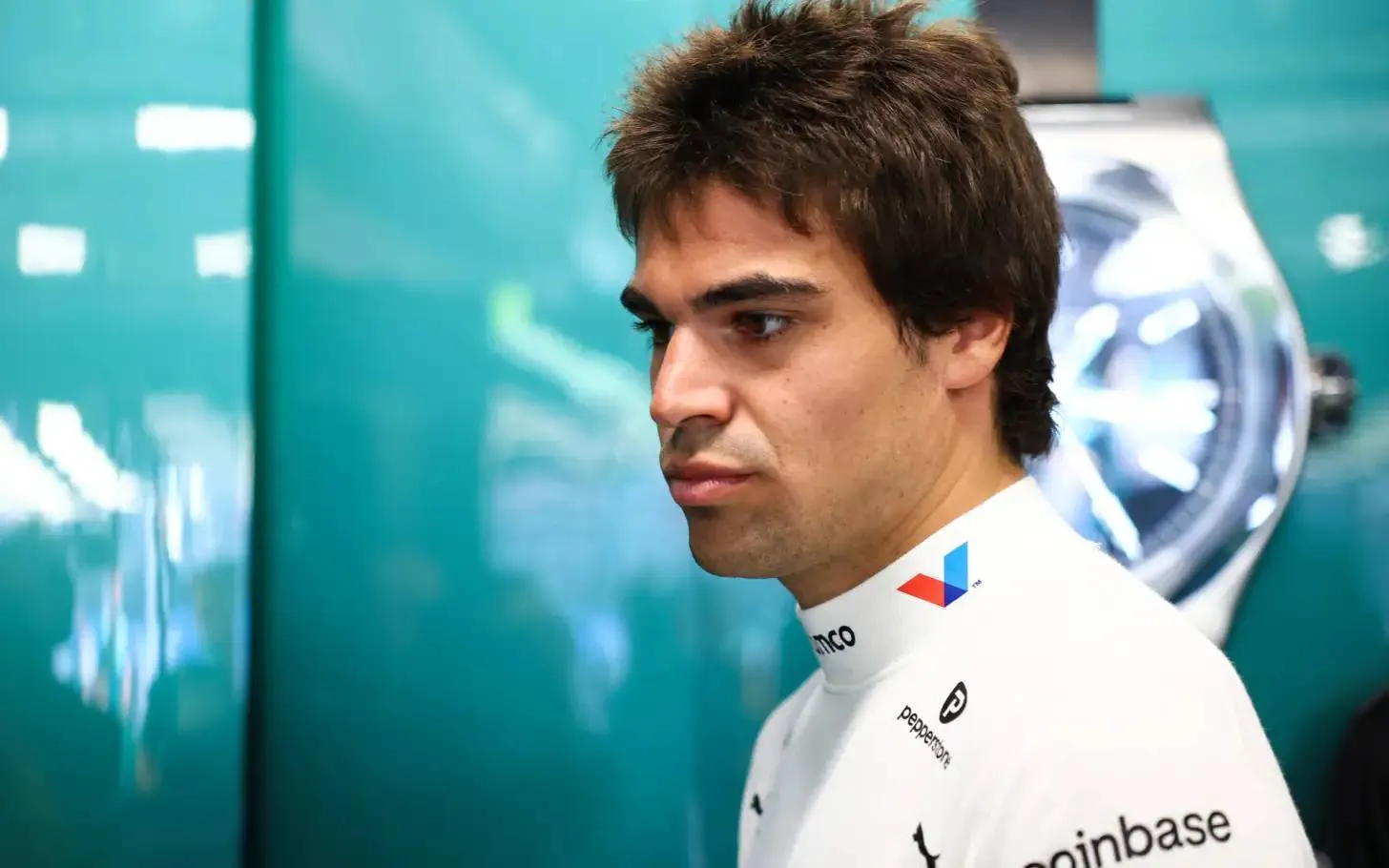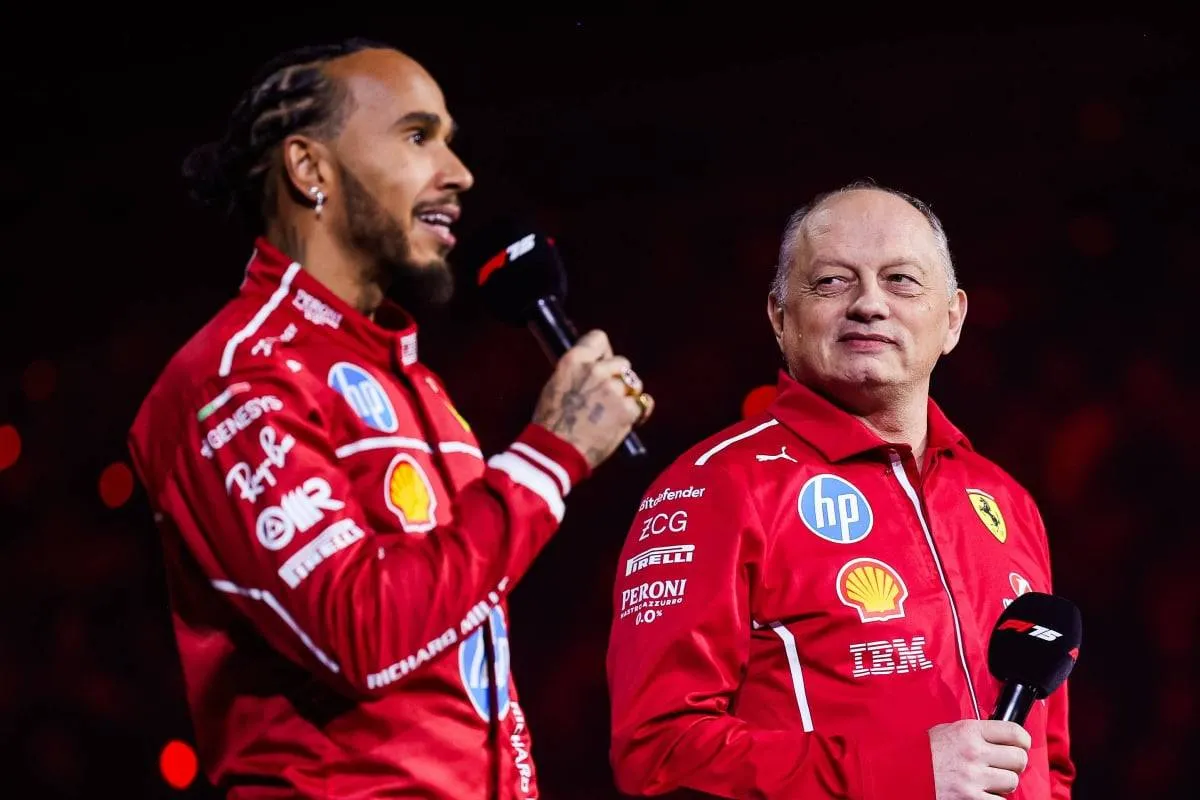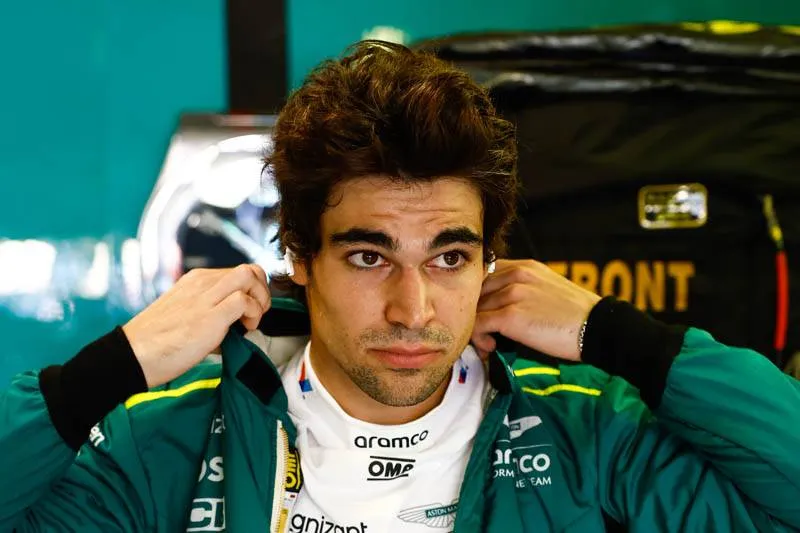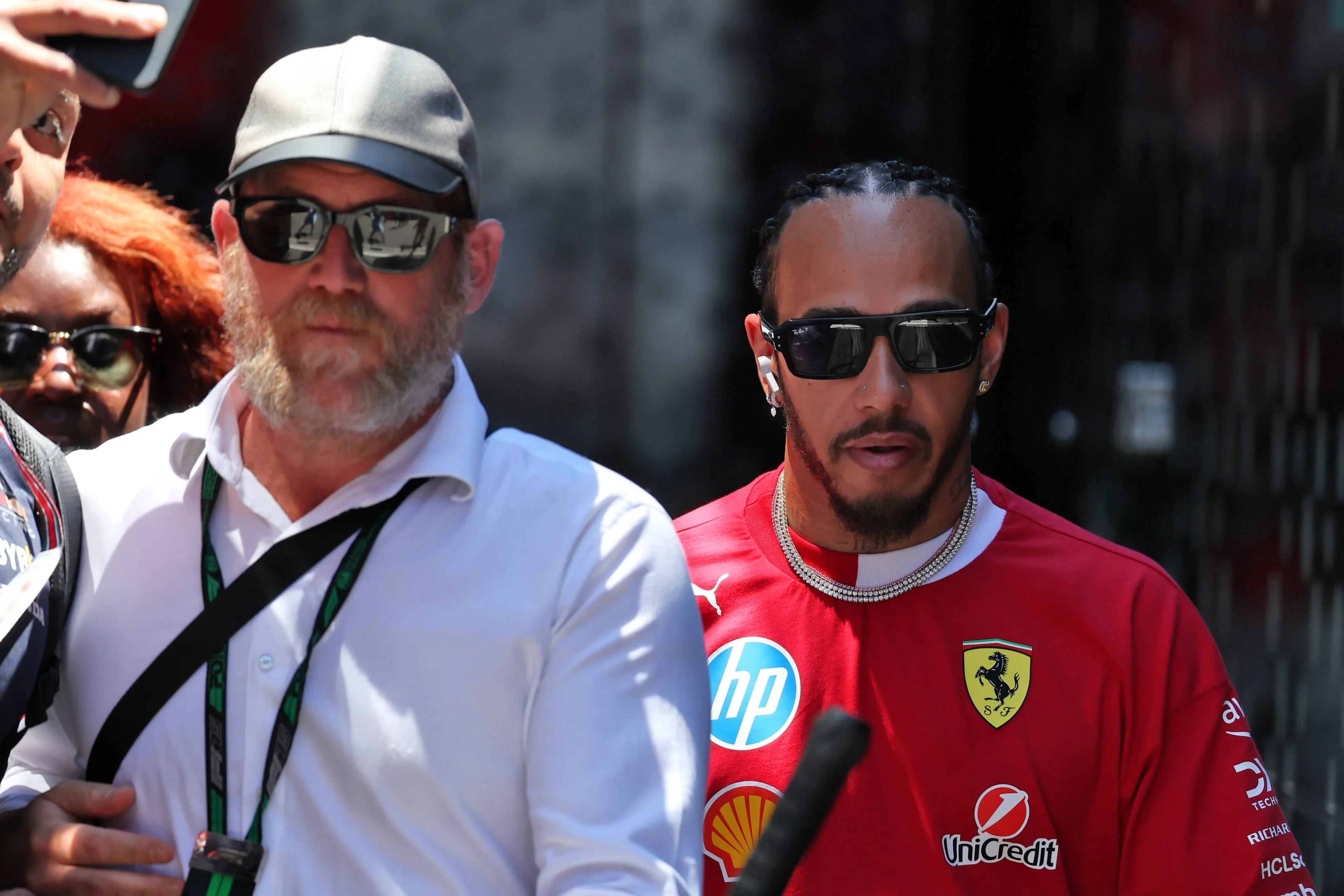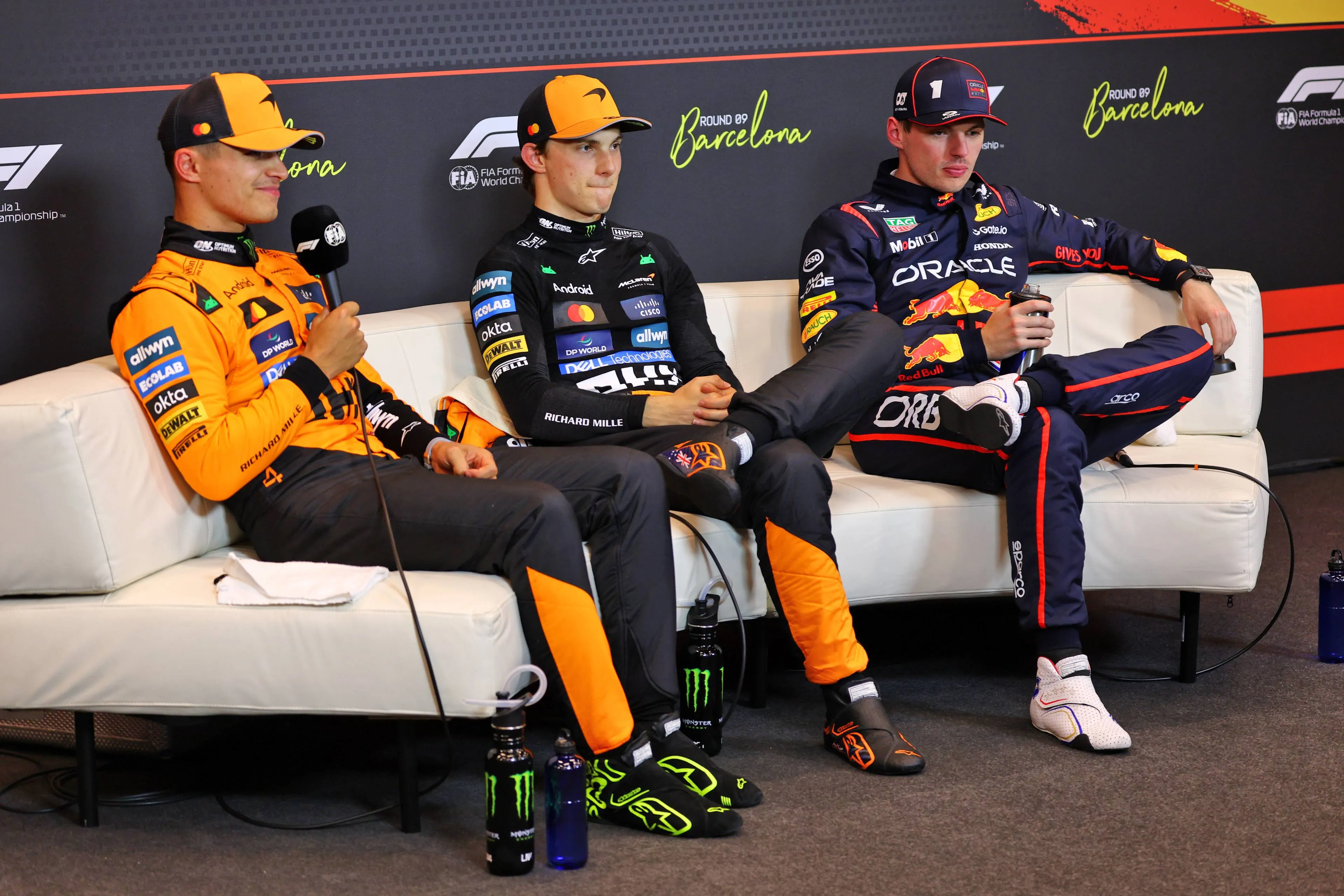Marko feels vindicated by Verstappen: 'It shows we're doing the right thing'
10:14, 12 Jun
Updated: 13:02, 12 Jun
1 Comments
Helmuto Marko has made a surprising admission in regards to Max Verstappen, with the Austrian advisor saying he "did not think" the Dutchman would become one of the great drivers.
Verstappen made his F1 debut at Toro Rosso in 2015, becoming the youngest driver ever to start a race in the pinnacle of motorsport, then moving to Red Bull just a season later, winning on his debut with the Austrian team at the 2016 Spanish Grand Prix.
Since then, the 27-year-old has become one of the greatest drivers Formula 1 has seen, with his immense talent leading him to become a four-time world champion, winning consecutive titles from 2021 to 2024, including a record-breaking season in 2023.
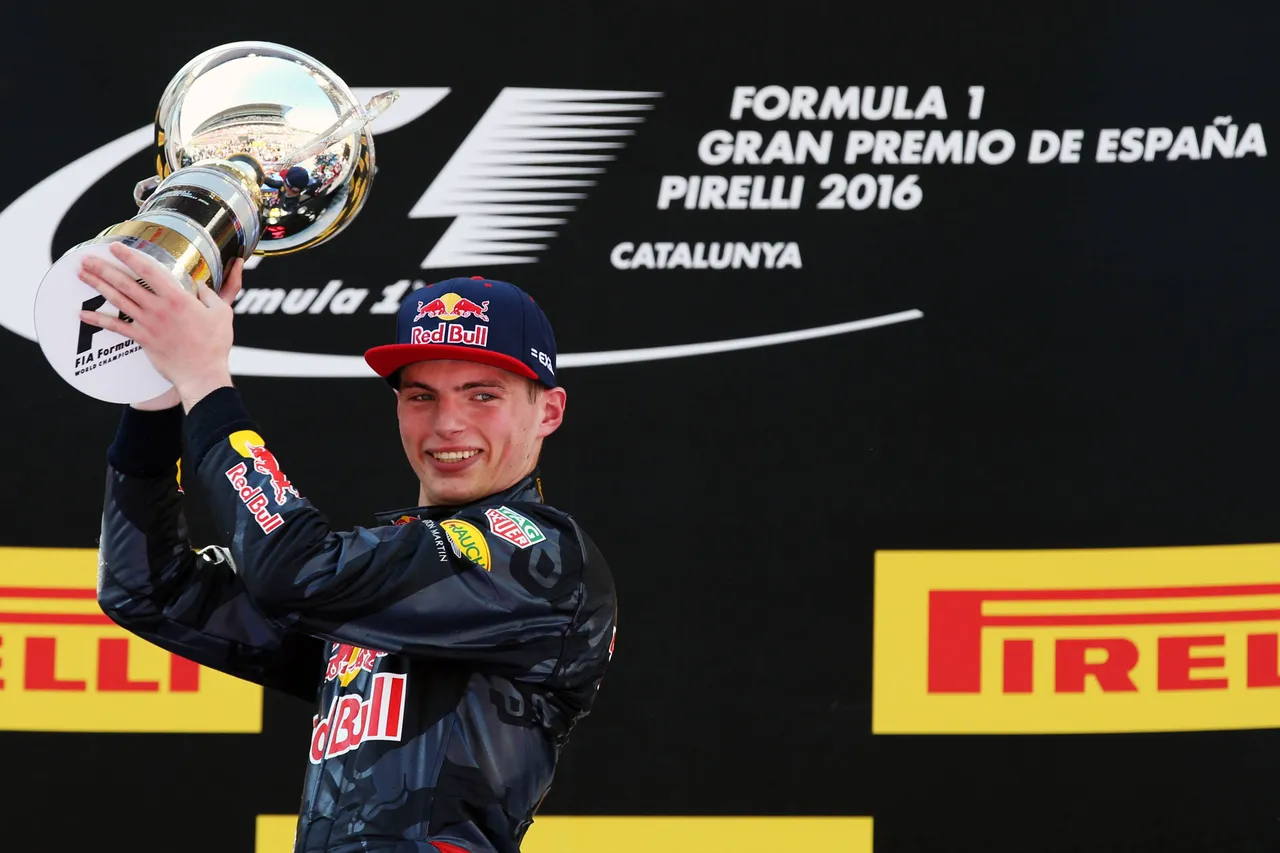
After his maiden win at the 2016 Spanish Grand Prix, Max Verstappen has gone on to take four world titles, 65 race wins, and 116 podiums.
Marko amazed by the growth of Verstappen
"In the beginning, I also did not think that Max would win four championships," Marko frankly admits while speaking on the podcast, The Inside Track.
However, there was a moment where the 82-year-old advisor knew the Dutchman was going to be a special talent: "There was something special when I saw a race in the wet, when he was two seconds faster than the rest. So I saw there is something special.
Read also
"But that he would be dominating and becoming one of the best of all time, that shows what we are doing is the right thing, and that we are also lucky with such big talents and character, which we have brought up," Marko continued.
With Verstappen still being 27 years of age, the advisor still believes there is even more that can come from the Dutchman, such is his talent.
"He definitely is the best driver we have ever had. He is constantly developing. In Imola, his third corner overtake was unbelievable. I don't see the end of his progression," concluded the Austrian.
This article was written in collaboration with Estéban den Toom
Read more about:
Rumors
Popular on GPBlog
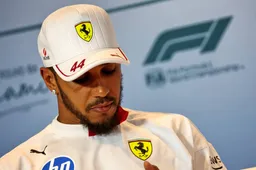
1
'Hamilton's social media move adds fuel to the fire at Ferrari'
1325 times read
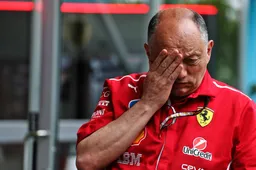
2
Vasseur in Trouble at Ferrari – Shocking Name Linked as Potential Successor
686 times read
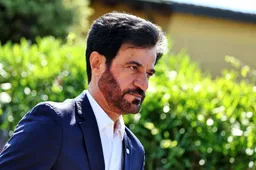
3
Shock letter attacks the FIA and Ben Sulayem with a warning of 'damaging credibility'
663 times read
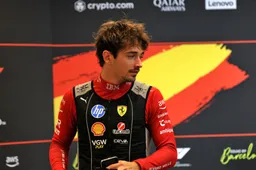
4
Domino effect: Leclerc's future in F1 can only be impacted by Verstappen
484 times read


